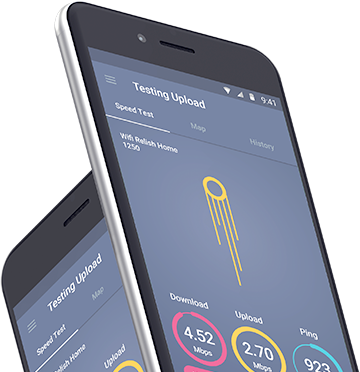Introduction
Back in April, in our inaugural New Zealand mobile network experience report, none of our three experiential metrics were won outright, with Spark and 2degrees tying on Video Experience, while Spark and Vodafone were dead-locked on Games Experience and Voice App Experience. This time around, all but one of these ties have been broken with 2degrees winning both the Video Experience and Games Experience awards outright. In addition, while there are still two joint winners for the Voice App Experience award, the award is now shared between 2degrees and Spark, with the former replacing Vodafone.
While our other awards remain in the same hands as last time, there have been some big changes in these measures of the mobile experience. For example, Vodafone has cut Spark’s lead on Download Speed Experience to less than half of what it was back in our April report, thanks to a 4 Mbps increase in the average overall speeds observed by our Vodafone users, while Spark’s score rose by only 0.5 Mbps. 2degrees’ Download Speed Experience score increased only slightly less than Vodafone’s with our users on its network seeing an increase of 3.5 Mbps.
Vodafone has also come a long way on 4G Availability since our last report, with our Vodafone users spending 78.7% of their time connected to 4G services, up from the 72% that was reported back in April — an increase of 6.7 percentage points since our last report. While the operator still has some way to go before it can challenge its peers in this measure of the mobile experience, if it can maintain this impressive rate of progress, it won’t be long before it can do so.
Some of the significant events in New Zealand’s mobile sector that have taken place since our last report include the news that Spark has launched 5G in Palmerston North and in the Auckland Viaduct area. Meanwhile Vodafone upgraded 124 mobile cell sites in the first six months of 2020, as part of a programme to prepare its towers for 5G. Finally, 2degrees announced a new infrastructure sharing agreement
that will allow its spectrum to be used by a partner’s cell sites and the operator also confirmed that it is planning to build its own 5G network.
In this report, we’ve analyzed the mobile network experience provided by New Zealand’s three national operators — Vodafone, Spark and 2degrees — at the national level in the 90 days starting July, 1, 2020. We have used 5G measurements in addition to those from previous generations of mobile network technology when determining the overall scores for each metric.



